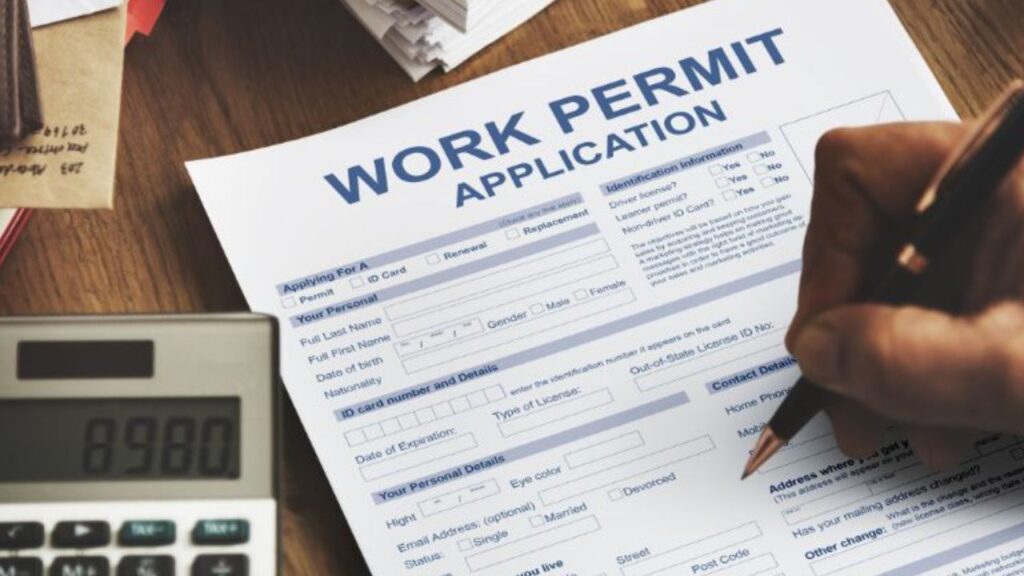Beginning March 2025, Singapore has unveiled a new chapter in its employment visa policies, ushering in changes aimed at simplifying access to work opportunities for international talent. These updated regulations encompass a broad range of visa types, revised eligibility requirements, and faster processing timelines. Individuals planning to pursue a professional path in Singapore are encouraged to stay updated with the latest procedural changes to ensure a successful application experience.
Understanding the Spectrum of Singapore’s Work Visas
Singapore’s employment visa system comprises several categories tailored to meet the varying skill levels and backgrounds of foreign workers. The Employment Pass (EP) is tailored for skilled professionals, executives, and managers who meet a specific salary threshold. The S Pass caters to mid-level technicians and workers, while the Work Permit is allocated to semi-skilled or unskilled labor in industries such as construction, cleaning, marine, and manufacturing.
For those with entrepreneurial ambitions, the EntrePass provides a pathway to establish innovative startups in Singapore. Alternatively, highly paid professionals seeking greater job flexibility can apply for the Personalised Employment Pass (PEP), which is not tied to a specific employer.
Policy Enhancements Taking Effect from March 2025
Several forward-looking revisions have been introduced to support Singapore’s competitive edge in attracting skilled professionals. One of the major changes includes the elimination of the maximum employment duration for Work Permit holders, paving the way for more permanent work arrangements.
The employment age limit has also been revised upward, broadening access to experienced foreign workers. Moreover, the qualifying salary thresholds for EP and other passes have been updated to reflect current economic realities. Singapore has also expanded its list of approved job sectors to include fast-growing fields such as green technology, fintech, and artificial intelligence.
Step-by-Step Guide to Navigating the Work Visa Process
The application process differs by visa category. For the Employment Pass, candidates must first receive a job offer from a Singapore-based employer, meet the prevailing salary criteria, and hold qualifications relevant to the role. Employers initiate applications via the Ministry of Manpower’s online system, with processing typically completed within three weeks.
The S Pass follows a similar employer-led submission model, although applicants must meet mid-skill salary and educational standards. Processing for this category also averages about three weeks. The Work Permit, usually reserved for manual labor positions, is applied for entirely by the employer and often receives approval within one week.
EntrePass applicants must submit a robust business plan and meet innovation-based criteria. The average processing timeline is around eight weeks. The PEP, targeted at high-income professionals who desire job-switching flexibility, does not require an employment offer but may take up to eight weeks for processing.
Key Policy Reforms Affecting Foreign Employment

A number of critical reforms have already taken effect and will shape how applications are processed moving forward. Since July 2024, Work Permit holders are no longer bound by time limits, enabling long-term employment with a single employer or across multiple contracts.
Beginning January 2025, the minimum salary for EP applicants has been raised from S$5,000 to S$5,600. Financial professionals must meet a higher threshold of S$6,200, reflecting the sector’s demand for experienced talent. Furthermore, since September 2023, all EP applicants are required to pass the COMPASS (Complementarity Assessment Framework), which scores candidates based on credentials, salary competitiveness, diversity value, and company background.
New Age of Work Visas: Embracing Talent Through Flexibility
Singapore’s visa reforms are geared towards creating a dynamic environment for international professionals. These enhancements not only make the application process more transparent but also demonstrate the country’s commitment to sustaining a high-quality workforce that aligns with its evolving economic goals.
Salary and Occupation Adjustments Ensure Market Relevance
Revisions to income requirements and eligible occupations have been carefully calibrated to reflect Singapore’s labor market trends. By doing so, the Ministry of Manpower ensures that incoming professionals are well-matched to the nation’s economic needs, while businesses gain access to talent that complements local capabilities.
Anticipate Longer Wait Times as Global Interest Surges
With the rising demand for entry into Singapore’s job market, applicants are advised to prepare early. Processing durations have increased in 2025 due to the high volume of applications. As such, travelers and job seekers are strongly discouraged from booking flights before obtaining their visa approvals, as unexpected delays could disrupt travel and employment schedules.
Preparing for a New Chapter in Your Professional Journey
Singapore’s 2025 work visa updates reflect a comprehensive approach to balancing global talent acquisition with domestic employment priorities. From salary adjustments to expanded visa flexibility, these reforms create pathways for professionals at all career stages to contribute meaningfully to the Singaporean economy. Staying informed about these updates and complying with application guidelines can help applicants navigate their journey smoothly and secure a strong professional future in the country.

